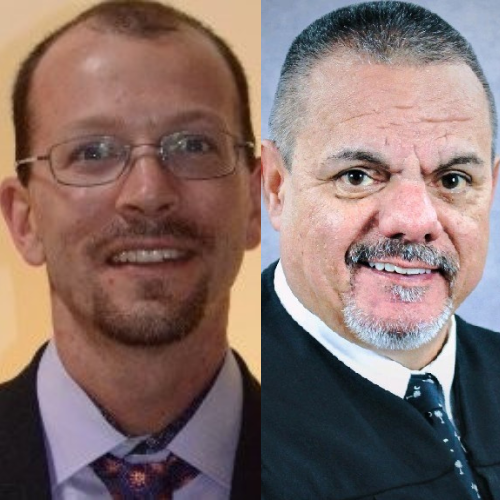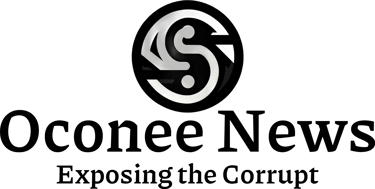Clash in the Probate Court: Dr. Jason Boyle's First Amendment Battle Against Probate Judge Danny Singleton's ban on Free Speech
OCONEE PROBATE COURT


Judge Danny Singleton Bans Free Speech, enters a contempt order, sentencing Dr. Boyle to ten days in Oconee County Jail without the option of bond.
In October 2023, Dr. Jason Boyle, PhD, found himself in the lobby of the Probate Court, where he encountered a man who had recently lost his mother. The deceased allegedly appointed the man as the executor of her estate. When the man approached the Probate Court clerk, a colleague of Judge Danny Singleton suggested he retain a lawyer and return to the court. The man had visited the court intending to initiate the probate process for his mother's estate—a decision his siblings supported, consenting to his role as Personal Representative.
Dr. Boyle interjected, advising that the judge inform the man of his right to file and initiate the probate process pro se, thus avoiding expensive legal fees. This suggestion prompted the man to reconsider the judge’s counsel and leave with plans to return later.
This event seemingly provoked Judge Singleton, who responded by issuing an admonishing email that banned Dr. Boyle from the Probate Court for allegedly "interrupting" a judge. Dr. Boyle contended that the ban was unlawful. Subsequently, Dr. Boyle revisited the court to submit additional documents. During this visit, Judge Singleton approached him in the lobby, requesting a private conversation in his office. Dr. Boyle, feeling unsafe, asked to converse in the public lobby. The judge persisted that Dr. Boyle was forbidden from entering the Probate Court—a public institution—reiterating his previous ban. Dr. Boyle steadfastly argued that such a verbal prohibition was improper for a public facility.
Over the ensuing months, Dr. Boyle conducted a series of First Amendment audits throughout Oconee County, targeting the local Sheriff's Department, Seneca City Police, and the Oconee Probate Court to assess and exercise his constitutional rights.
On May 24, 2024, Dr. Boyle returned to the Probate Court to settle a charge allegedly fabricated against his fiancée. He captured the proceedings on video and subsequently uploaded the footage to YouTube. Judge Singleton swiftly emailed Dr. Boyle, directing him not to post the video online and threatening action should the video be shared. Exercising what he believed to be his First Amendment right, Dr. Boyle made the video public: https://youtu.be/8l_YzF0HPUg?feature=shared. This act evidently incensed the judge.
On May 28, 2024, Judge Singleton dispatched a sheriff's deputy to Dr. Boyle's home with a Rule to Show Cause, seeking an explanation for Dr. Boyle's defiance of the email directive and setting a hearing for June 5, 2024. Dr. Boyle was not present to receive the notice. The following day, he arrived at the Probate Court to retrieve his summons and, once more, recorded his interaction with the court clerk. Judge Singleton summoned the sheriff's deputies. He instructed Dr. Boyle to delete his recording or face incarceration. Defiant, Dr. Boyle maintained that he had violated no statutes, arguing his First Amendment right to document public spaces, including public officials. In response, Judge Singleton entered a contempt order, sentencing Dr. Boyle to ten days in Oconee County Jail without the option of bond.
This incident raises significant concerns about the balance between judicial authority and constitutional rights. The clash between Dr. Boyle and Judge Singleton highlights the ongoing debate over free speech and the right to document public proceedings, emphasizing the need for clear guidelines and respect for constitutional protections in all judicial interactions.
